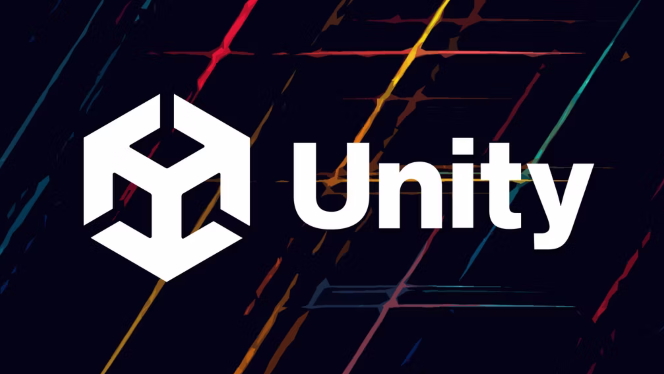Hundreds of game developers have joined a boycott of the ad network of Unity Technologies in protest against changes to the engine’s pricing model.
Many developers have joined a boycott of the ad network of Unity Technologies. Their protest is aimed at controversial changes to the company’s game engine licensing model. The movement, which started with fewer than two dozen studios boycotting Unity Ads, gained significant traction within days of its launch.
The San Francisco-based company recently announced a so-called “runtime fee” it intends to charge per install to any game maker whose Unity-backed titles exceed a certain success threshold.
This significant change to the pricing model of the Unity engine has angered many developers. Consequently, it initially triggered a limited boycott of Unity and its partner ironSource’s advertising network.
Over the past four days, hundreds of companies have joined the protest. More than 500 studios around the world are already involved in the movement. This is an exponential increase from last week’s modest start. Unity has already apologised and promised a review of its runtime charging policy in response to developer backlash. However, the company has yet to provide specific details on these changes, which seems to be why the boycott continues. For context, the developers involved originally said they would turn off all Unity advertising and IronSource monetisation in their games until the engine maker reconsiders the controversial licensing system review.
Even if Unity completely abandons its unpopular idea of introducing a runtime fee, it seems that its announcement on September 12 has already caused irreparable damage to its longer-term prospects. “Trust is over,” wrote Facepunch Studios CEO Garry Newman in a strongly worded open letter. In it, he criticised the new pricing plan. In the meantime, he vowed that Rust 2 would not use the Unity engine, no matter how much the company backed away from its original method.
Unity initially said the controversial runtime fee would take effect on January 1, 2024. Its later apology promised changes to the policy. However, it did not mention the different timeframe. It is likely that the company still intends to reshape its engine licensing plans with the anniversary.
Unity’s share price has fallen nearly 13 points since the announcement of the runner’s fee, after finally hitting what appears to be the current floor on September 19, when it rose minimally in after-hours trading on the New York Stock Exchange.
Prior to the public apology, the engine maker insisted that the mileage fee affects less than 10% of its customers. Its original plan was to charge between $0.005 and $0.20 for downloading a single Unity-based game for each title that reaches 200,000 lifetime installs or $200,000 in revenue over a 12-month period.
Source: GamesIndustry.biz
















Leave a Reply